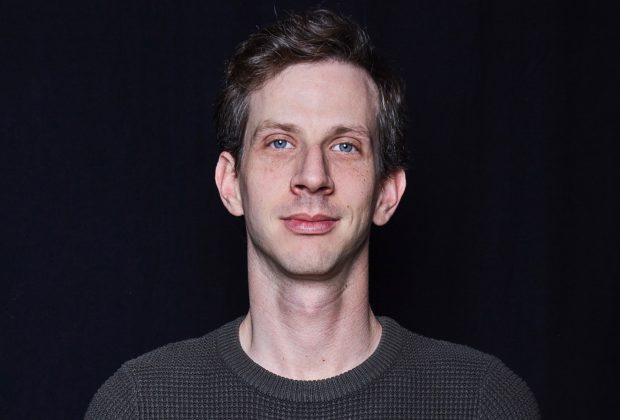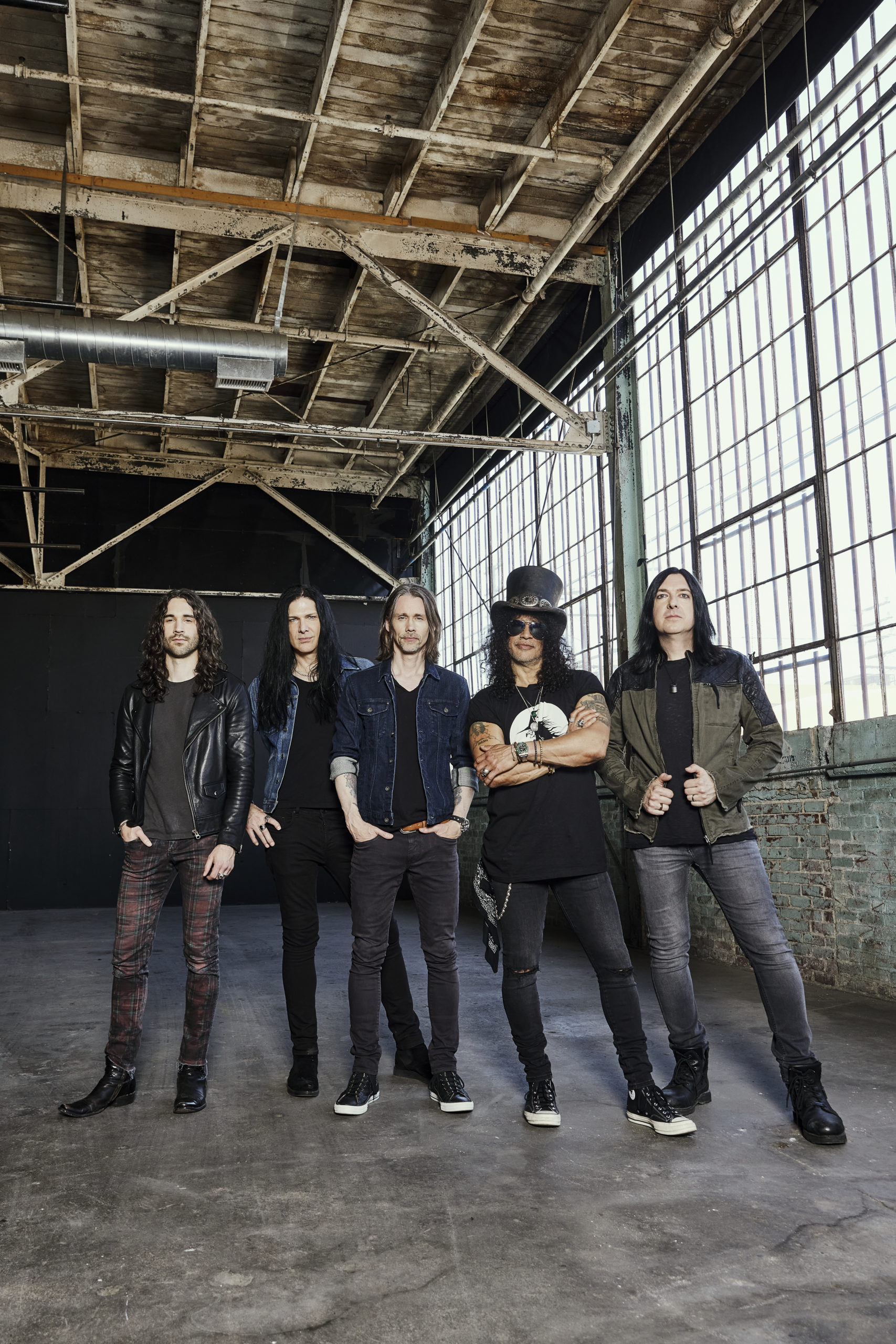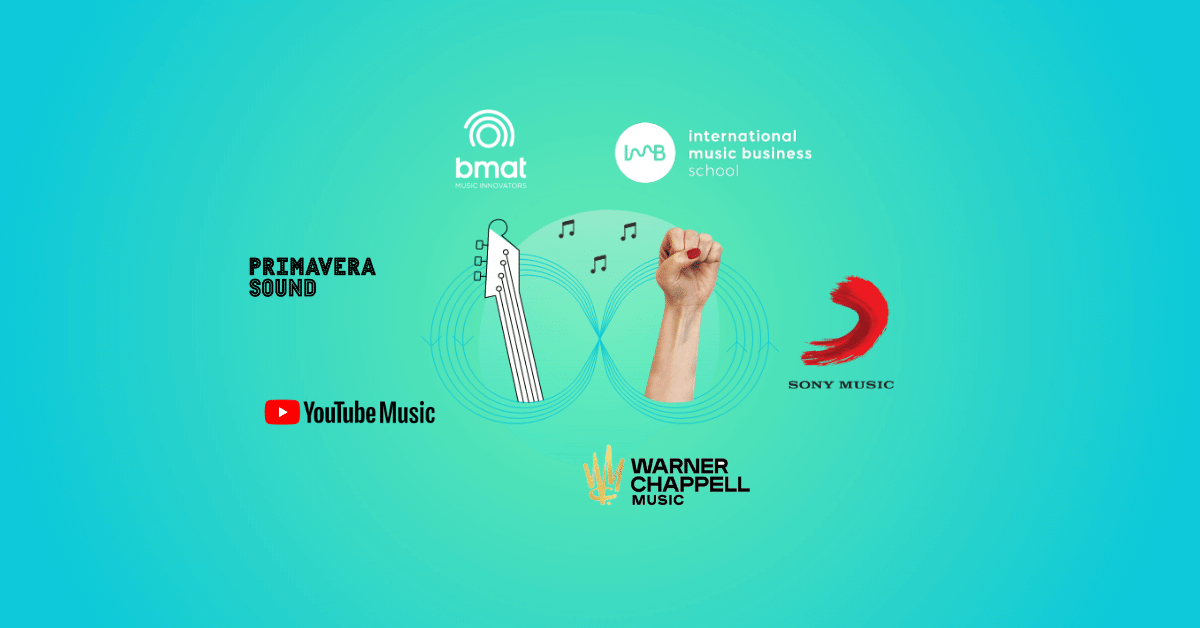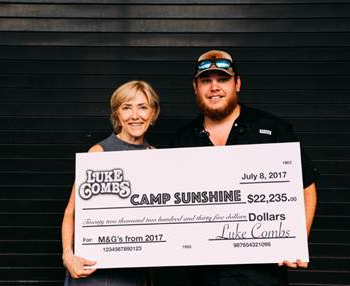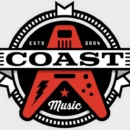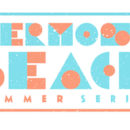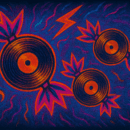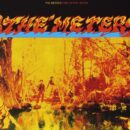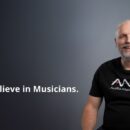Travis Rosenblatt
Meddling, Founder
Years with Company: 6
Web: meddling.co
E-mail: travis@meddling.co
Clients: Columbia, Kobalt, Republic Records, Island Records, Def Jam Recordings, Interscope, The Orchard, Arista, Polydor, Disney, Universal Music Publishing Group, RECORDS, LLC, APG, EMPIRE, 300 Entertainment, Alamo Records, TenThousand Projects
BACKGROUND
Travis Rosenblatt developed his own artist-data gathering system to solve problems he faced as an A&R representative. What he created blossomed into a service now relied upon by many labels. Also helpful for music publishers, attorneys, concert promoters and more, Rosenblatt’s research tool helps industry professionals make the best decisions. His other company, Signal, is designed to simplify the complexities of royalty collection.
An Accidental Company
I come from the label side, doing A&R for Warner Brothers and then 300 [Entertainment]. I wanted someone to make my life easier as an A&R, especially as things were becoming digital and streaming became a thing. We didn’t have a good way to keep tabs on what was out there, so I asked Nielson (at the time it was Next Big Sound) and Musicmetric to build something I could use. And no one did.
When I left 300 at the end of 2014, I took some online coding courses and started putting this thing together. I sent it to the heads of A&R around town. Instead of saying, “Great, you’re hired,” they all said, “How much are you going to charge for this?” It was the first time I realized this is a company.
The Meddling Name
When I left 300, I was consulting. [My clients] had to pay a corporation rather than me personally, so I set up an S Corp. I’m a bit of a punk, so I called it Meddling Kids Incorporated, after Scooby Doo. When I put together a super-early version [of Meddling], I didn’t think it would go anywhere. I just parked it at the website, meddling.co. And then it became a thing, so that’s what it’s called.
The Coding Challenge
I’d seen a few products made by tech people trying to imagine what music people wanted. It was never quite right. It never fulfilled the needs I had as an A&R person. It made it super easy for me to build because I was the customer. It was something I desperately wanted. I knew what it needed to look like and how it needed to work.
The only problem was I had to get a tech background. I didn’t have any money to hire anybody [to do coding]. There’s no outside investment. It’s just me. I would lose three days to an errant pound sign in the configuration file. The hardest part was not throwing up my hands and saying fuck it. I still have not shown the code to any professional developer.
Meddling Works
You’re looking at real-time international consumption, aggregated so you can see trends across platforms all in one place. You can see what’s moving where. And then there’s filtering so [customers] can get rid of stuff they don’t want to see. When new things pop up, they very quickly make themselves known. You end up looking at kind of a stock ticker of artists and tracks.
Saving Time
[Meddling is] meant to save everybody time. It’ll give you the things you need to know about in the order you need to know them so you can decide what you like, what you don’t and get on with your day. The number of artists in recent years has exploded, but the number of hours in your day has not.
Client Suggestions
The way I aggregate and sort playlists was based on a conversation I had with Atlantic. Tracking album units and not just song units was a suggestion from Mom+Pop [Music]. Looking at trends by artists, rather than tracks, is something everyone had asked for. I finally put it in last year. You want to see how an artist is performing rather than a song, because we sign artists, not songs.
COVID Crazy
The pandemic has accelerated business because suddenly everyone had to figure out how to do A&R from home. My user base has almost tripled over the last year.
An Open Secret
[My first clients were] friends at labels in A&R and then other people started reaching out. I hate doing sales. I hate getting pitched to, so I guess I’m allergic to the idea. But that’s why I’ve hired [rock paper scissors, inc.] to help get [my name] out there.
It’s an interesting problem, because no one talks about [Meddling]. My users don’t tell other people because it benefits them to be the only people on it. I get calls from people at record labels that are already customers. “Just knock on the door of the guy next door and he’ll show you how to use it.” They won’t even tell other A&Rs within the same department. Meddling is never going to spread by word of mouth from my customers, so I’m seeing if I can get it out there.
Signal
The concept for Signal came out of a year-long conversation I had with Universal about a job. The job didn’t pan out, but the idea [from those talks] was worthwhile. I ended up calling Bob Moczydlowsky, who runs the Techstars Music Accelerator in L.A. I knew him when he was head of music at Twitter. I said, “I have this idea. Can you help me figure out how to make it into a company?” Meddling was made in my pajamas on my sofa. Signal required people, funds and help.
[Signal is] about correctly collecting songwriter and publisher revenue. The amount that people don’t understand about this segment of the business is kind of astonishing. There are still massive inefficiencies and it doesn’t need to be that way. Signal is looking at the almost $3 billion a year that are taken by PROs worldwide. As things have gone digital, tracking and reporting music consumption should have become cheaper. Instead, fee collections have gone up.
If I’m a U.S.-based songwriter and my song’s getting played in the U.K., I get hit with an admin fee from PRS [for Music Limited] and by either ASCAP or BMI. That’s just silly. If I’m streaming something, I get an admin fee taken by my PRO and also the MLC. I have to collect from both these people, assuming everything gets reported and sent correctly, which is quite an assumption. I urge everyone to look into where their publishing money is coming from and where it’s going.
Only a Guidepost
I try to be very clear about what [Meddling’s] meant to do. It’s not telling you to sign something. Music is an emotional and cultural product. Data is not going to tell you why you should sign something. It’s there to efficiently flag things to listen to and become aware of.
Fishing the Right Pond
Next Big Sound’s pitch was that an increase in Wikipedia page views correlates to future album sales. Well, current album sales, single sales and streams have an infinitely higher correlation to future consumption than any of these tertiary things. There are much stronger signals. It’s all about fishing in the right pond. If you have a 1,000% increase in Twitter followers, I don’t care. You’re fishing in the wrong pond.
Artists, Build Your Base
The hardest and most important thing is to create a community. Throwing things out and hoping something goes viral is the wrong way to go about it. Build a small but solid base. That doesn’t mean you have to give all your fans your cell phone number. It just means figuring out where your audience is, being there for them and cultivating an actual fan base, not just transient viewers.

